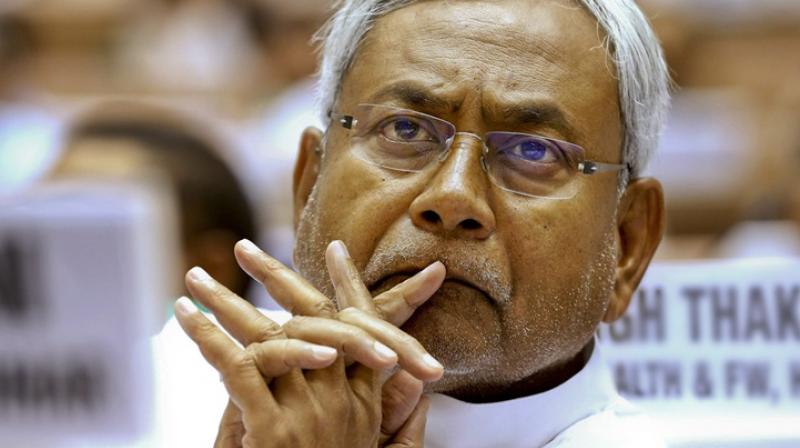Dilli Ka Babu: Babu challenges lateral entry
Bihar govt has reportedly directed Bihar cadre officers not to pursue their personal matters by contacting the chief minister's secretariat.

Not everyone’s enthused about the Centre’s decision to allow lateral entry in the government at the joint secretary-level on a contractual basis. As expected, the babus are less than enthusiastic about the proposal. Now a retired IAS officer has moved the Supreme Court against the decision.
Claiming that the decision is “arbitrary”, the petitioner Chandrapal, who retired as secretary in the ministry of micro, small and medium enterprises, has alleged that it would make the going difficult for bureaucrats selected on “merit” through a competitive examination. He has also said that the selection would be influenced by political considerations and would create a “conflict of interest” by allowing persons from the private sector into the administration.
Pointing to the department of personnel and training (DoPT) notification inviting applications from private sector candidates, Mr Chandrapal has claimed that the notification does not specify any criteria for the selection of joint secretaries.
Will the move of approaching the Supreme Court impede the implementation of the new policy? The Centre can’t be too pleased about the prospect.
Bureaucrats upset with Nitish
A new rule in Bihar has caused resentment among IAS and IPS officers against chief minister Nitish Kumar. The state government has reportedly directed Bihar cadre officers not to pursue their personal matters by contacting the chief minister’s secretariat. It has further stated that any officer who does so will attract disciplinary action.
The letter issued by additional secretary Daya Nidhan Pandey to senior Bihar cadre officials, states that it is expected that the babus will not indulge in any such thing that is improper. It has, predictably, caused resentment among IAS, IPS and IFoS officers. Many feel that by denying them access for any urgent personal or service matter, the state government is creating more problems for the officials.
However, sources in the CM’s secretariat say that officials who seek information from the secretariat about files pertaining to personal matters actually reflect improper conduct. The state government is merely enforcing an existing rule to stop this practice. But this explanation is unlikely to cut much ice with Bihar’s sulking babus.
New law on DGP appointment
The recent Supreme Court directive to states and Union territories is a long overdue push towards police reforms. The Supreme Court has ordered states not to appoint any police officer as acting director-general of police, further ruling that three months before the incumbent steps down, the UPSC must offer to the state government a panel of three qualified officers, one of whom must be appointed to the post, for a minimum tenure of two years.
Observers note that this is a deserved attempt to stop the denigration of the post of DGP by state governments and to check political control of the police. In several instances, it has been noted that governments often regularise such appointments on the last day of retirement so that they can serve a full two-year term. For instance, Punjab has 11 DGP-level and 20 additional DGP-level officers.
One immediate fallout of the Supreme Court order could mean that the expected change of guard in the Karnataka police may now not happen. The incumbent DG and IGP, Neelamani N. Raju, is not only the senior-most IPS officer but will enjoy a tenure of two years. There has been some speculation that the new coalition government headed by chief minister H.D. Kumaraswamy wanted to replace Ms Raju with DGP, Karnataka State Police Housing Corporation, H.C. Kishore Chandra, who is the next in seniority in the state and is known to be close to chief minister. But that move may now have to be shelved after the SC order.
B09

